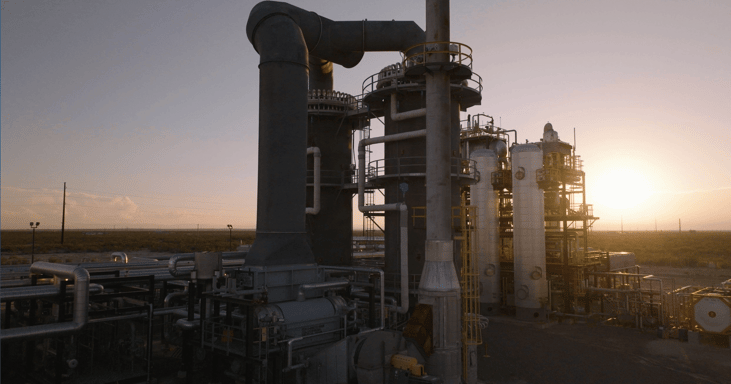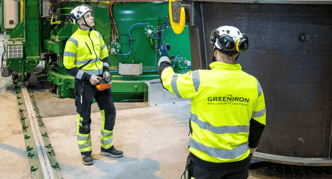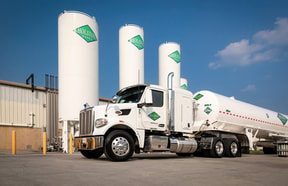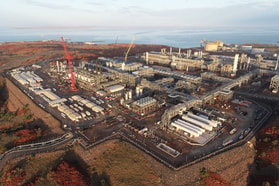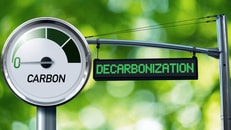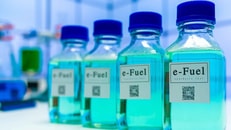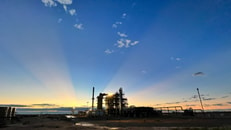Infinium starts construction on second e-fuels facility in Texas
US e-fuels producer Infinium has started to build its second electrofuels facility, which it is calling Project Roadrunner, in Reeves County, Texas. The target is for commercial operations by 2027.
Project Roadrunner will convert waste carbon dioxide and renewable electricity into 23,000 tonnes per year of e-fuels, including electro-sustainable aviation fuel (eSAF), for US and European markets.
To power production, Infinium has secured 150MW of new wind energy through a long-term power purchase agreement with a subsidiary of NextEra Energy Resources.
The renewable electricity will drive hydrogen generation via a 100MW HYPRPlant electrolyser system supplied by Electric Hydrogen, which will be fully integrated on site.
... to continue reading you must be subscribed

